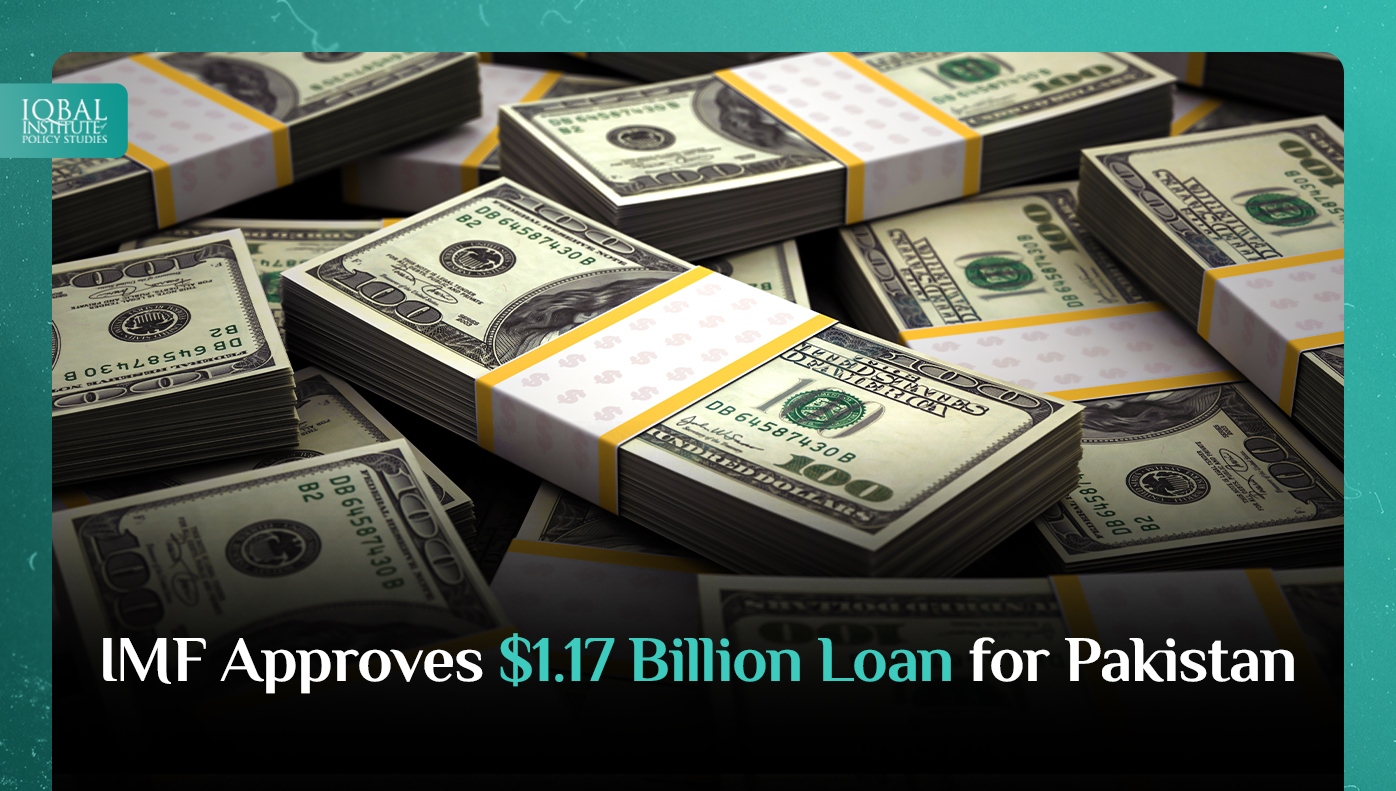Recently, to complete the combined 7th and 8th reviews of Pakistan’s Extended Fund Facility (EFF) program, the IMF staff and Pakistan authorities have reached a staff-level agreement on policies. The agreement includes some mandatory conditions for the borrower country to fulfil for the approval of the financial tranche. Under the 7th and 8th reviews of the EFF program, the country will get a $1.17 billion loan bringing the total disbursement to $4.2 billion.
For the approval of this tranche, the Pakistan EFF program contains some conditions, including hiking electricity tariffs, imposing a levy on petroleum products, and setting up an anti-corruption task force to review all the existing laws. Another condition of the IMF that is mandatory to fulfil states that no tax relief will be provided without the approval of the National Assembly (NA). All these measures are meant to secure the economic bailout.
To fulfil the conditions, the government has increased electricity prices and imposed a Rs 50 per litre petroleum levy. Also, the central authority set up an anti-corruption task force for reviewing the income sources of all the high-authority officials. In addition, the government made the National Assembly’s approval mandatory to provide any tax relief.
After fulfilling all these recommended conditions, the executive board of the International Monetary Fund (IMF) approved the revival of the Extended Fund Facility (EFF) program for the disbursement of $1.17 billion for the seventh and eighth tranches. Furthermore, the IMF approved increasing the loan size to around $7 billion and extending it till June 2023.
The board appreciated Pakistan’s effort to put the programme back on track and a renewed commitment to programme policies and targets. As per the new commitments, the country will have to show a primary budget surplus target of Rs153 billion or 0.2% of the GDP. In short, all these measures are meant to enhance macroeconomic stability by fixing external and internal imbalances within the country.



Leave a Reply